After 15 long weeks, stage four lockdown in Melbourne is over. Like so many Melburnians, I received the news with a complicated mix of emotions. There was euphoria at the thought of seeing people again. Dinner parties! Picnics! There was pride in knowing what we had all achieved as a community, together.
And there was grief, too; an unleashing of the tension and loneliness that had characterised the long, cold winter but that had, in its own way, become familiar and trustworthy. I cried for us all that day. Even writing this now triggers some deep emotion in me, and I feel the tears pricking behind my eyes, a lump forming in my throat.
Melburnians have been through a collective trauma, and now we must figure out how to rebuild from the wreckage.
There was pride in knowing what we had achieved
Because this year has been a crash course in learning a new language. Just as “social distancing” has entered the lexicon, so too has figuring out how to connect with friends and loved ones without the easy familiarity of touch.
We have all grown so used to turning our bodies away from each other on the street while maintaining a wide berth. We suddenly know what it means to be touch deprived. As a tactile species, the loss of gentle intimacy has formed deep wounds that will stay with us forever. Now, emerging from lockdown, I feel like a skittish animal on high alert.
We’ve grown used to turning our bodies away from each other
It’s not so much for the virus, although I am certainly not cavalier about getting it. But having moved in such small circles for so long, the sudden influx of people into public spaces is unsettling. As a friend of mine put it, we’re all like rats who’ve been kept in cages for too long and are now hesitant to poke more than our noses past the newly opened gate.
And really, life as a rat wasn’t all bad. We adjusted to our cage, my son and I. We established our own rituals and routines. In the absence of normal life and all of its normal business, we paused. We played. We snuggled together. We cried. We laughed. We talked. And within that trauma, we formed the most beautiful bonds. I’ll carry those with me too, alongside the scars.
We laughed. We talked. And within that trauma, we formed the most beautiful bonds
Like so many people, I blazed into the year already exhausted by what it would bring in terms of work, deadlines, regrets. I frantically tumbled from one moment to the next, hoping that sheer momentum would keep me from crashing. I took my son to childcare every morning, worked like a demon and then picked him up in a flurry of agitation and anxiety. Dinner! Bath! Bedtime!
Rinse. Repeat.
But the lockdown put an end to this. And although there were numerous challenges (as a single mother in particular) with having a pre-schooler at home while trying to work, there was grace, too. He is at that perfect age of unfurling, becoming more open to the world as he embraced jokes, singing, dressing up and (finally!) enjoying being read to.
We baked together. We went for long bike rides looking for the bears that had been placed in people’s windows around our neighbourhood. We couldn’t go to the park, so we built Lego toys instead. And each night, I held him in my arms as he went to sleep and whispered, “I love you more than the big blue ocean,” and he replied, “I love you in the whole wide world.”
I have realised that amid the stress of the lockdown and the terror of witnessing the world suddenly and fundamentally change, I am also able to feel gratitude. The time inside with my son at this tender age of his has been a gift. And it would have passed me by had it not been thrust upon me, forced into hands that were used to being busy and rarely just being held. In many respects, the lockdown is not unlike what it felt to me to be the mother of a newborn. Confused and afraid, unsure of what each moment held next, occasionally hostile and bitter towards my circumstances.
But there in the dark, the moments of quiet peace and, yes, connection.
We will emerge from this just as I emerged from that experience: reassembled, scarred, harrowed and just a little wild eyed, but also filled with a new kind of knowledge about what we want for our lives and what we have discovered we can endure.
This is what we know now: the new normal is ever changing. Grief and hope are two sides of the same coin. And nothing lasts forever, not even this.
Want more stories like this? Sign up to PRIMER’s weekly newsletter here.




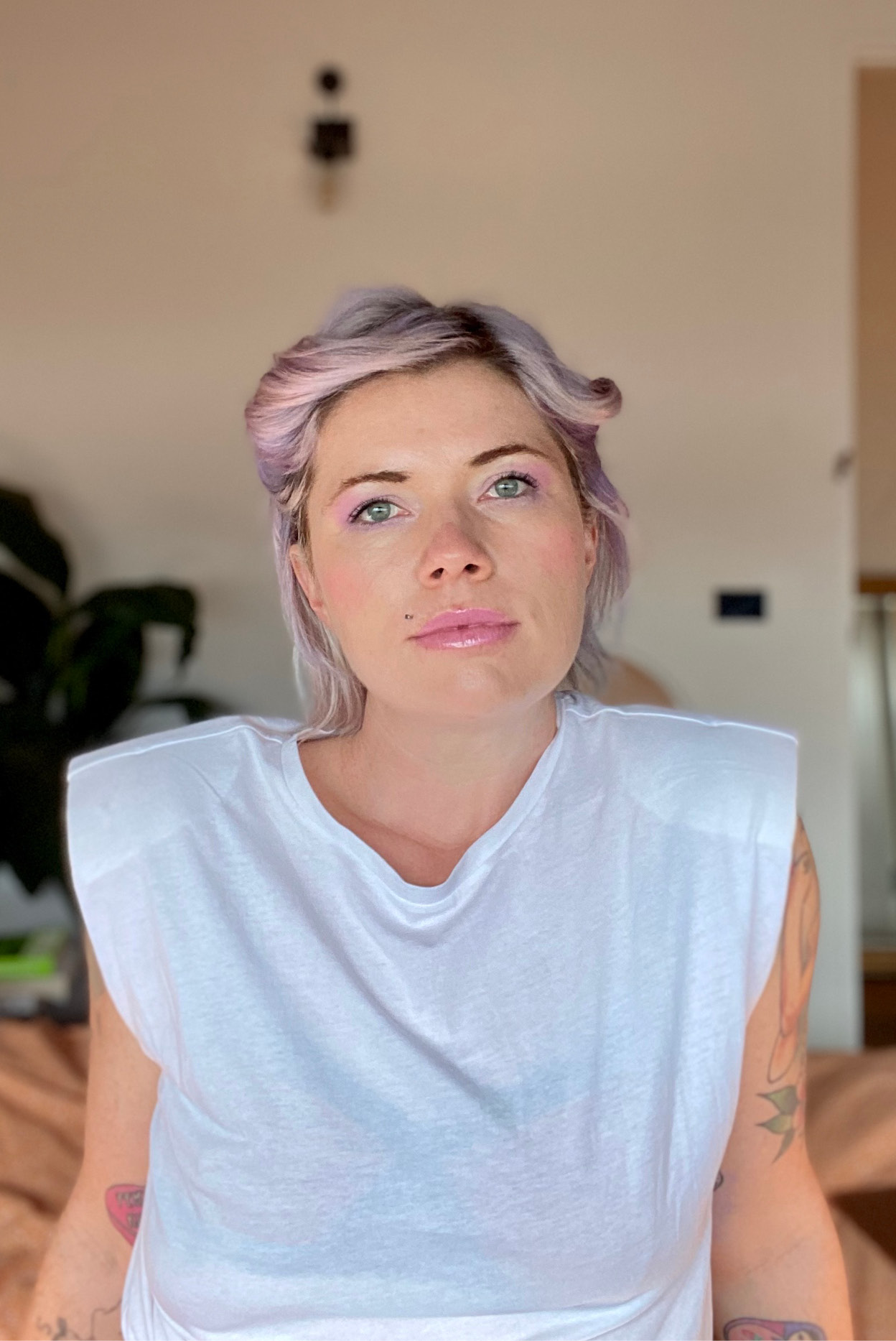
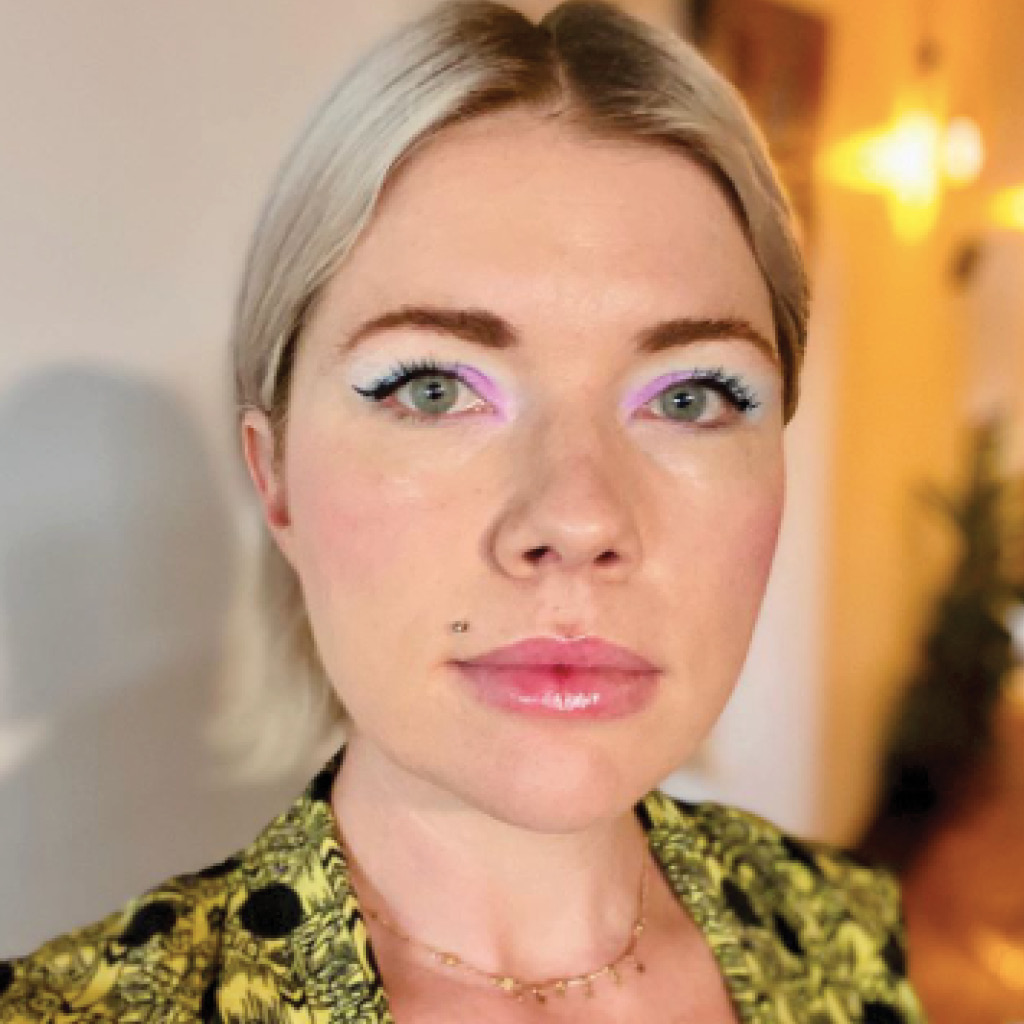


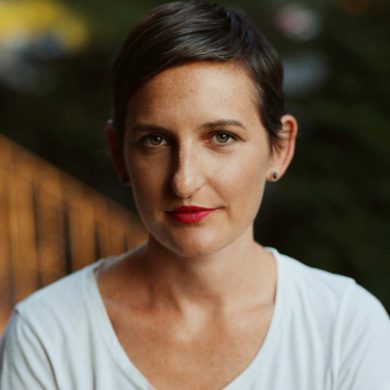
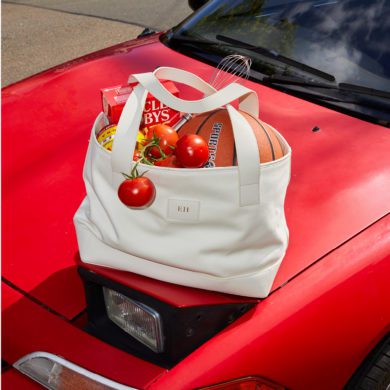
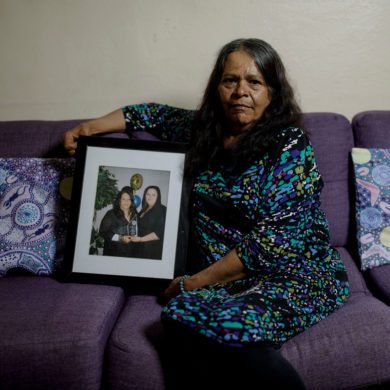
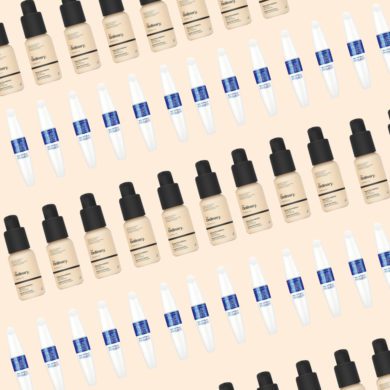

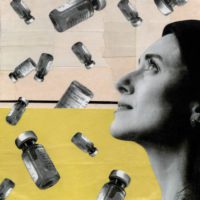
2 Comments